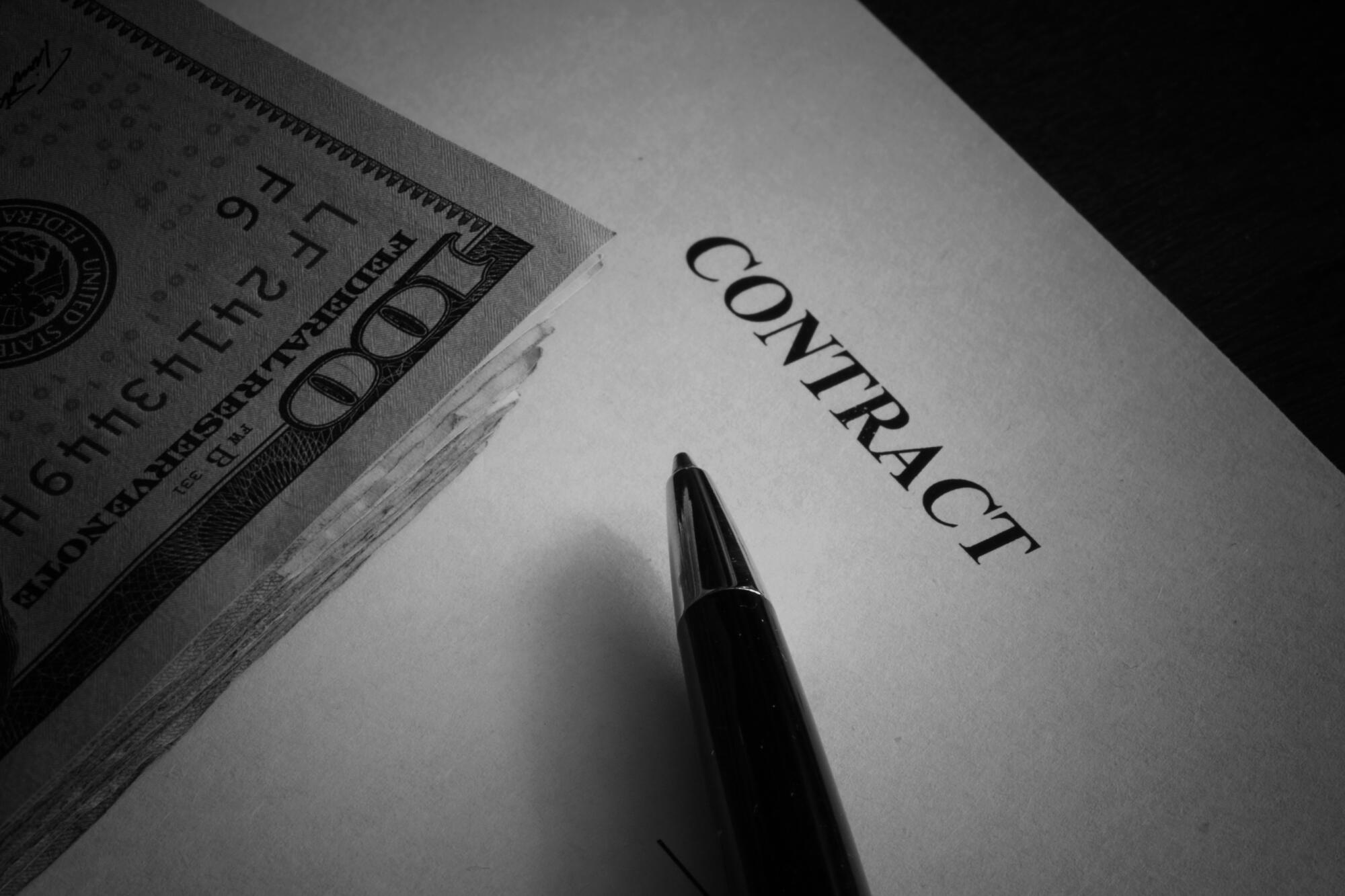The commercial leasing industry is growing by about 2% per year on average. But if you want to get a slice of this pie, you'll need commercial property mixed with some know-how in executing commercial lease agreements.
A commercial lease agreement is different from any other type of rental agreement you've seen before. It must adhere to different state and local regulations and include some essential elements.
With that in mind, here are the top five tips for drafting and renewing lease agreements for your commercial space.
1. Know What a Commercial Lease Agreement Is
A commercial lease agreement is a legally binding contract between the owner of a retail facility and the person renting it. The renter or lessee is a business or business owner.
Most commercial lease agreements have terms of three to five years, much longer than the average residential rental contract.
Another significant difference between a commercial lease and other rental agreements is the degree of regulation. For example, residential lease agreements offer consumers far more legal protection than commercial ones.
2. Understand Local Commercial Lease Laws
Ohio Revised Code Chapter 1310 is the ultimate source for the regulations surrounding commercial leases in Ohio. Commercial landlords and renters should become intimately familiar with these laws before executing a lease.
However, the ORC is not the only legal statute to keep abreast of. Columbus also has specific ordinances governing commercial leases in the city.
3. Identify the Best Type of Lease for You
There are many different types of commercial lease agreements. Perhaps the most common are gross and triple net lease agreements (NNN).
Compared to NNN agreements, gross lease agreements span shorter lease terms and allow tenants to pay rent on a monthly basis.
NNN agreements are unique because they allow tenants to pay lower rental rates in exchange for taking on ongoing expenses like taxes and insurance.
4. Include Essential Elements in the Lease Agreement
There are six essential elements all commercial lease agreements must include. They are:
- The demised premises
- Lease inclusions
- A rental chart
- Allowed alterations during tenancy
- Additional provisions
- The end of lease agreement
A sound commercial lease agreement should also include information about how to renew or terminate a lease, subletting rules, and eviction guidelines.
5. Hire a Property Manager
Don't want to take care of lease agreement drafting and renewal yourself? You don't have to when you work with a Columbus commercial property management company.
Commercial property management firms have the expertise and services needed to ensure leases are executed to protect your best interest. They can also screen commercial tenants, collect rent, and so much more.
Need Help With Commercial Lease Agreements?
Commercial lease agreements can be tricky since they are less regulated than residential rental agreements. But when you use these tips, you'll feel more confident that you can execute lease agreements with ease.
Do you need help managing your commercial property? PMI Columbus offers a full suite of commercial property management services in Columbus, Ohio, whether you need help with tenant management, property maintenance, or accounting and reporting.
Contact PMI Columbus today to get started.


